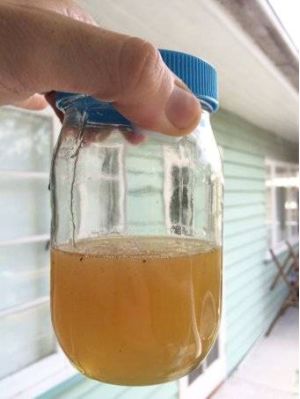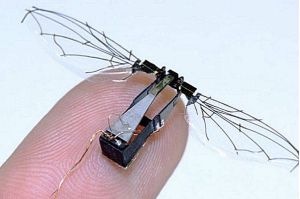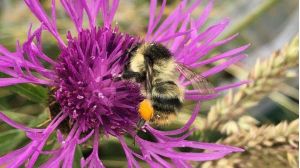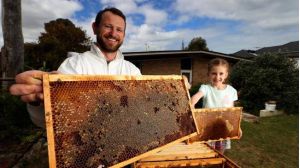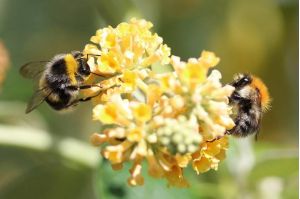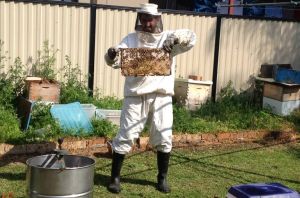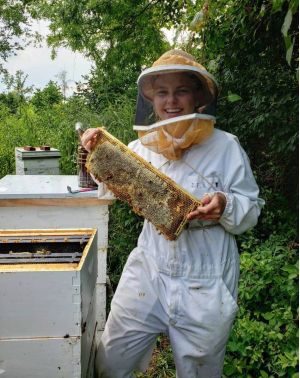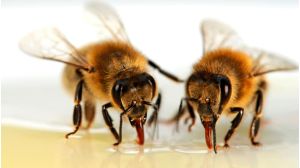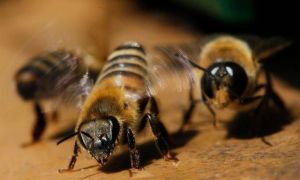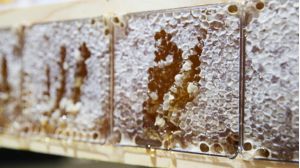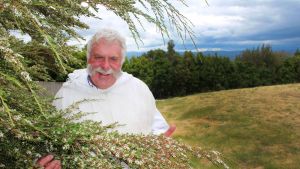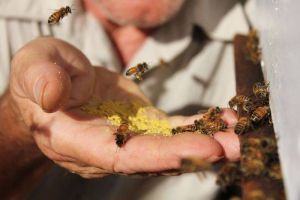Tel: 02 9731 7400 | Unit 1A, 1 Swaffham Road, Minto NSW 2566
Previous Articles
Blog Archive
Western Australia has been swarmed by amateur apiarists, with the number of registered beekeepers almost trebling in five years.
The surge has been attributed to increased concern about global bee numbers and a growing awareness of the perceived health benefits of homegrown honey.
Europe's bee population is dying. The number of pollinator species threatened by extinction is increasing each year, and human activity is the main cause.
Those are the alarming findings of a report published by
Does the sound of bees send a shiver down your spine or spark feelings of affection?
In some parts of Australia there has been an increase numbers of beekeepers in recent years, with lots of people from metropolitan and country areas joining groups, taking courses and working out how to tend a hive in their own backyard.
A beekeeper of 14 years hopes to turn his hobby into a business venture.
Munther Anny has submitted a development application to Wollongong City Council to build an apiary and farm stay accommodation at 24 Denmark Street, Wombarra.
A new club is creating a lot of buzz on West Campus.
Established this past spring, the Beekeeping Club at Ohio State works to raise awareness on campus about the importance of bees to agriculture and the environment, according to the student organization page. Weather permitting, the club also works hands-on in bee hives.
Approximately one in every three mouthfuls of food you eat today was pollinated by bees.
Australia lives in a precarious beekeeping utopia because of our isolation from the rest of the world. We are the only country left that does not have the deadly varroa destructor, a tiny mite that lives off the blood of adult bees, transfers viruses, causes birth deformities and makes colonies collapse over winter.
FAO supports rural beekeeping in eastern Ukraine With 1.5% of the local population in Ukraine engaged in beekeeping, the country is the top player in Europe for honey production.
An increase in global demand has seen the price of Australian beeswax skyrocket in recent years, with local beards and beekeepers among the victims.
Australia's honey bee industry remains the
Things are looking pretty sweet for WA’s honey industry.
Premium varieties exclusive to our state like jarrah and marri are finally getting the international recognition they deserve, investment in infrastructure is increasing and interest in beekeeping is exploding.
After receiving a federal government grant to grow the international market for Australian manuka honey in March, the Australian Manuka Honey Association received extra support from the industry body.
Sydney has seen an explosion in urban beekeeping with a 20 per cent increase in the number of people taking up the hobby in just a couple of years.
A desire to be self-sufficient and ensure a father and husband is home every night is the drive behind one Queensland couple's beekeeping dream.
Mackay-based Janine and Doug Cannon, along with their two-year-old daughter Violet, do not come from an agricultural background, but an unutilised family parcel of rural land got the couple thinking about farming.

